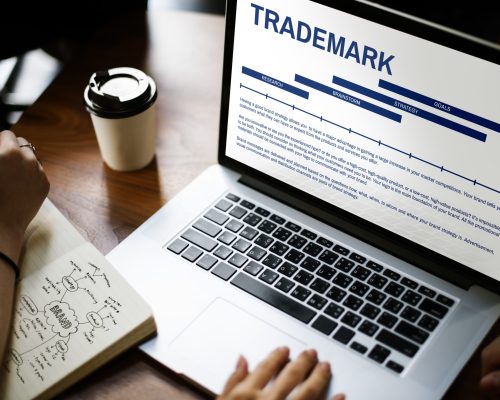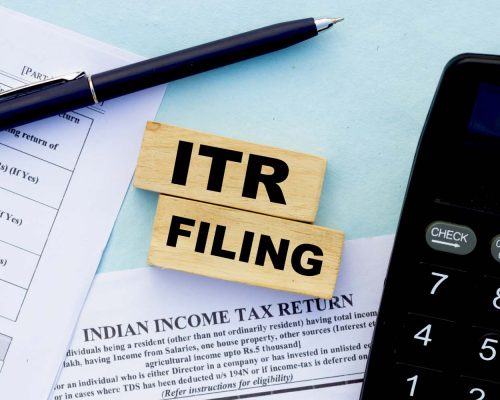Limited Liability: Partners are not personally liable for the debts and obligations of the LLP beyond their investment in the partnership, protecting personal assets.
Flexible Management: LLPs have fewer formalities and more operational flexibility compared to corporations, allowing partners to manage the business directly.
Separate Legal Entity: An LLP is considered a separate legal entity, meaning it can own property, enter contracts, and sue or be sued in its own name.
Partnership Structure: An LLP is formed by two or more partners, who can be individuals or corporations, and it allows for profit-sharing according to the partnership agreement.
Taxation: LLPs are typically taxed as pass-through entities, meaning profits are taxed at the partners’ individual tax rates rather than at the entity level.
LLPs are particularly popular among professionals (like lawyers, accountants, and consultants) who want to limit personal liability while enjoying the flexibility of a partnership structure.












